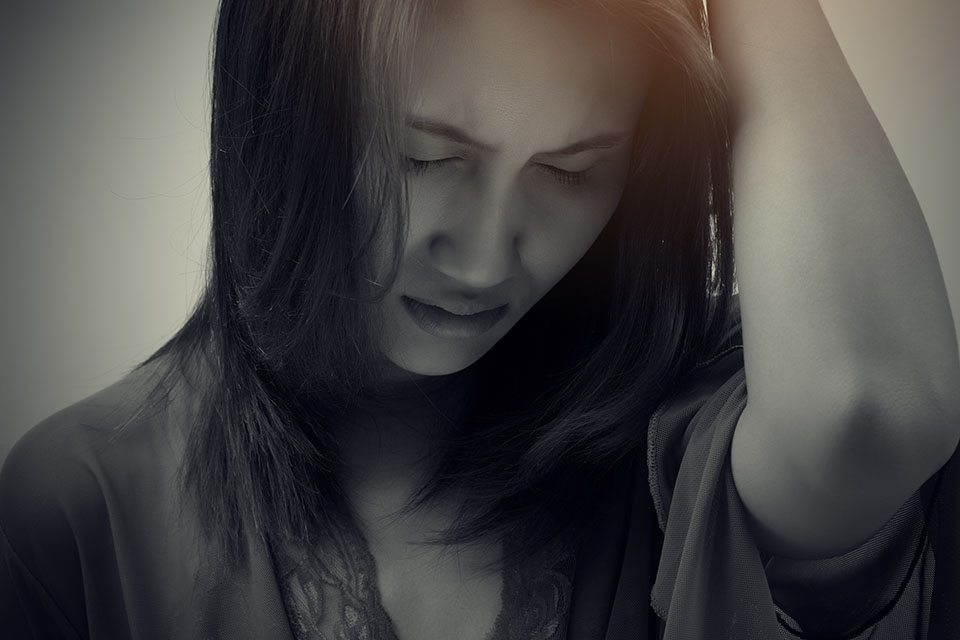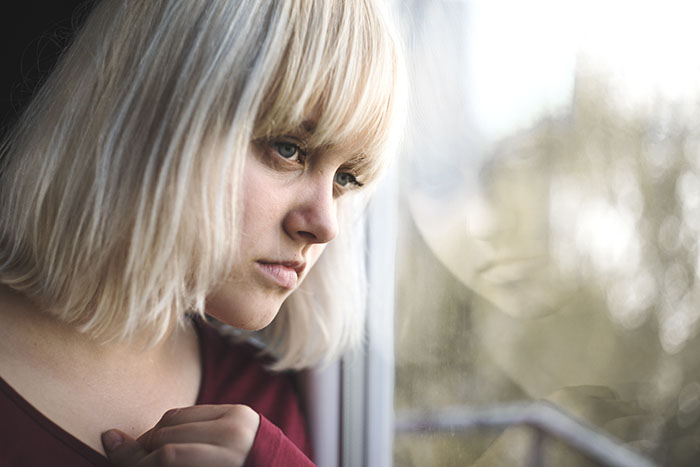Depression and Addiction Treatment in California
What is Depression?
Depression is a mental disorder that affects different parts of an individual’s brain. The disorder disturbs the connection between each area and causes a change in the way an individual may think and act. People with depression often feel overwhelmed by their emotions as well. This is due to a chemical imbalance in the brain that manages emotional response.
Who Does Depression Affect?
Depression has the ability to affect everyone. It doesn’t discriminate based on gender, but women are twice as likely to develop it. Even though childhood depression is prevalent, the disorder normally affects those who are in their adult years. It also greatly affects those who are suffering from other mental disorders and medical illnesses.

What Are the Signs of Depression?
Signs of depression usually start off undetected. This is due to the fact that it takes a while for individuals to start to notice a change in their response system to certain situations. Depression signs can be categorized into behavioral and physical categories.
Behavioral Signs
Behavioral signs are often some of the first that loved ones of individuals with depression notice. Some of these can include but are not limited to:
- Feelings of worthlessness or guilt about certain situations
- Difficulty falling asleep at night
- Sleeping more than the regular amount
- Development of pessimistic views on life
- Thoughts of suicide or bodily harm
Physical Signs
Physical signs of depression are often more noticeable than behavioral signs, but they can take longer to develop. Individuals struggling with depression often gain or lose a large amount of weight because of changing eating patterns. Because of this, they can develop aches and pains and even digestion issues from a poor diet. They often have bags under their eyes from lack of sleep and disheveled appearance.
In more serious cases of depression, individuals can start to inflict bodily harm on themselves. This can include things like cutting parts of their body and pricking their fingers. When this occurs, it can be a sign that suicide may be thought about or even attempted.
What Factors Play Into the Development of Depression?
There are several different categories of factors that play into the development of depression. These include environmental, genetic, and psychological factors. However, one does not outweigh the others, and multiple factors can be the root cause of depression.
Environmental Factors
Environmental factors of depression can come from many different areas. They can stem from financial strain, relationship struggles, and disconnection from family members. Orphaned children or children who grow up with only one parent in the household are more likely to develop depression. Abusive relationships and job loss can play a large factor as well.
Genetic Factors
Genetic factors play a very large part in the development of depression. If there is a family history of depression, an individual is more likely to develop a depression disorder themselves. Another genetic factor could be that of coexisting disease. Depression can form due to being diagnosed with a severe illness or condition that causes pain.
Psychological Factors
Psychological factors can heavily influence the development of depression, as well. Psychological factors often stem from past trauma an individual has faced. Types of trauma that can cause depression can include physical, mental, emotional, and sexual trauma. If an individual experiences trauma for a long length of time or at an early age, this gives them a higher chance of developing a depressive disorder.
Types of Depression
Depression does not come in one generic form. There are many different types of depression that affect individuals in their own way. Each type has specific side effects that follow once it has developed.
Psychotic Depression
Psychotic depression often coincides with other mental disorders like multiple personality disorder or schizophrenia. This type of depression occurs because of the things individuals “hear” and “see,” like voices in their heads or hallucinations. Psychotic depression normally follows the same theme as these disorders and further enforces the negative feelings individuals have of themselves.
Postpartum Depression
Many new mothers face postpartum depression after giving birth. This type of depression occurs because of the extensive changes a woman’s body goes through after having their child. Postpartum depression worsens as mothers face exhaustion and negative body views once her child is born.
Persistent Depression
Also known as dysthymia, persistent depression affects individuals on and off for periods of time. Because this type is not consistent, it often confuses individuals for periods of time. They may think their depression has gone away only to start to feel the effects of it again after some time.
Bipolar Disorder
Bipolar disorder causes individuals to experience heightened emotions on both ends of the spectrum. One minute they may feel extreme joy, and in just a moment’s notice, they can experience extreme anger. It is its own disorder but is often included in depressive disorders. This is because of the low moods individuals experience who have been diagnosed with it.
Seasonal Affective Disorder
Seasonal depression only occurs during the winter months of the year. Because there is less daylight and individuals don’t receive as much Vitamin D as in the summer, their brains can often confuse this with depression. This can cause sleep deprivation, social isolation, and even weight gain.
How Does Addiction Affect Depression and Vice Versa?
Both depression and addiction play a part in the development of one another. This is because of the side effects of both of the different disorders.

What to Look for in Treatment Centers for Depression
The first step when you recognize depression has occurred is to ask for professional help from treatment centers for depression. There are a lot of things to consider when choosing a facility for depression treatment. Does it work with your budget? Does it have the treatments required? Do you fit in well with the staff and other patients? Make sure you evaluate all of these factors before committing to one center.
Both addiction and depression symptoms feed off one another. Once an individual develops either of the two, it is very common that the other one will follow. Feelings of depression can usually be drowned out with substances. Side effects of addiction often include depression, especially if an individual is using a downer type of substance.
Enroll in Treatment
Once you have found the perfect fit, it’s time to enroll in treatment. Our team will evaluate your mental and physical state, as well as figure out if there are other coexisting disorders. We will plan treatment around the severity of your depression. We will recommend our inpatient treatment or outpatient treatment depending on how much care you need. We also determine what types of therapies will be necessary to treat your depression.
Types of Therapies to Help Both Addiction and Depression
There are many different types of therapies to help both your addiction and depression disorders at this same time. At CNV Detox, we offer a wide array of therapies to help even the most severe cases of depression.
Dual Diagnosis Therapy
A dual diagnosis happens when a patient has both a mental disorder, like depression and a substance use disorder. This is a very common occurrence. Almost 1 in 3 individuals who suffer from a substance abuse disorder also suffer from depression. This is especially true for those who are addicted to downer substances like alcohol.
Dual diagnosis therapy is a type of therapy that allows both disorders to be treated at once. By combining both addiction and depression treatment, we have found that patients flourish in many areas. It also allows them to spend less time at our center and cuts down the cost of treatment.
Holistic Therapies
The goal of using holistic treatment is to deter our patients from needing medication to treat their depression. We use therapies like meditation and tai chi to treat our client’s depression disorders. We also use a therapy called acupuncture that alleviates pressure points in the body that cause stress. This naturally promotes both the mental and physical healing of the body and mind.
Telehealth Services
In addition to our wonderful in-person therapies, we also offer our services over telehealth. We give our patients this option so they can stay in the comfort of their own home while receiving treatment. We recommend this to patients who have low mobility or strong support systems at home.
Let Us Help You Overcome Your Depression
At CNV Detox, our staff’s goal is to help you in any way we can. Whether we help treat your depression, addiction, or both at the same time, we aim to give each of our patients the best chance at a full recovery. Please do not hesitate to contact us by calling or messaging today. We want to help you overcome your depression and get your life back.
Take the Next Step
The path to recovery is only one step away. Begin your treatment at CNV Detox in Los Angeles, California as soon as the same day. For your convenience, we work 24/7. Our team is ready to help as soon as you reach out.
